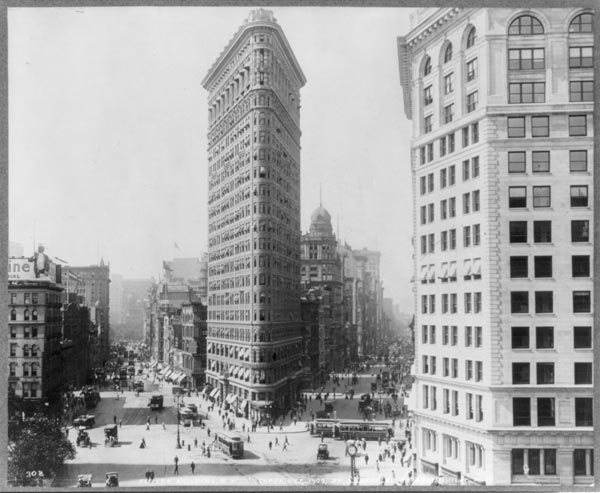

Welcome to the virtual museum and archive of the history of financial regulation, providing access to primary materials on the creation and growth of the regulation of the capital markets from the 20th century to the present.
This museum is a collection of keyword-searchable materials selected for inclusion by the Society because of the historical importance of the subject matter.
The museum opened on June 1, 2002 as an entirely virtual archive; there is no physical repository.
The museum's materials are unique in character. Many of them are products of the U.S. Securities and Exchange Commission. Additional materials come from other federal and state agencies, the judiciary, the press corps, and national media.
The purpose of preserving these materials is to assist current and future researchers in understanding how the system of statutes, regulations and government policies for the capital markets developed and were interpreted. To further this goal, the museum includes not only rare, internal correspondence and reports (within the 'papers' series), but also Society-commissioned historical essays (within the 'galleries' series), webcasts (within the 'programs' series), and oral histories of principal participants in the history. Other unique materials complement these resources.
Research in the museum is flexible. A researcher can seek information through a themed 'gallery' or 'exhibit,' regarding specific topics. Alternatively, a researcher can do key word searches to locate specific items, and filter the search to focus on different record types, such as oral histories, papers, and photos.
With a few exceptions, the museum generally does not contain materials which are easily obtainable elsewhere. Thus, to gain a complete understanding of the legal parameters of the government regulation of capital markets, researchers likely will need to access additional primary sources.
Among the items generally not included in the museum's collection are federal and state statutes, most Congressional testimony, hearings, reports, and the Congressional Record.
Also, generally omitted from the collection are official agency materials currently available on the SEC's website (e.g., proposed rules, concept releases, policy statements, no-action letters, SEC decisions and reports), items in the Federal Register (e.g., regulations, meeting notices), and similar official government publications. These items are easily available from multiple legal and government databases.
The museum's collection is organized into the following categories:

Visitors are welcome to recommend material to be added to the collection by contacting the Executive Director.
Get connected for updates on new materials and upcoming programs in the museum.